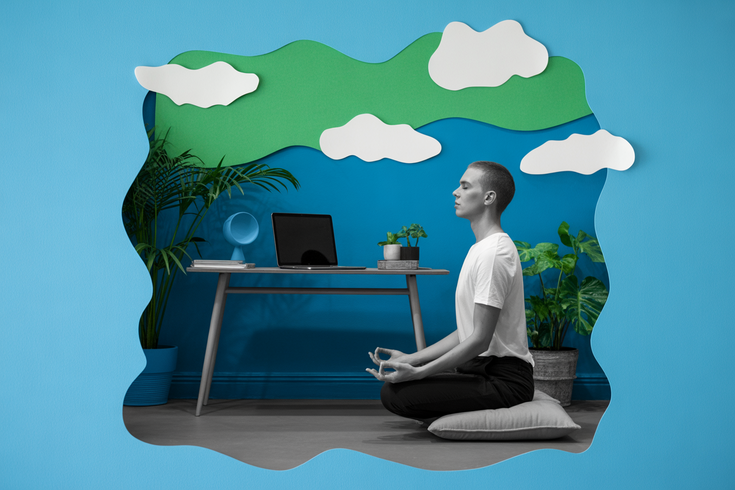How to Successfully Implement a Digital Detox for Mindful Living in 2025
By Brandon StrazaYou're stuck in a loop of endless scrolling and notifications. Break free with a digital detox for mindful living in 2025. Start by identifying the unnecessary and debilitating digital habits holding you back.
Feel like your phone owns you? Here's how to regain control: 1) Set designated tech-free times, 2) Establish no-phone zones, 3) Connect with nature instead, 4) Limit notifications, 5) Replace screen time with face time. Practice these daily, not tomorrow, today.
Why address this now? Your mental health is deteriorating as screen use skyrockets. A relentless digital life isn't just unsustainable; it's destructive. Society glorifies busyness over well-being, but you're paying the price. It's time you prioritize mindfulness over mindlessness.
How to Start Your Digital Detox in 2025
To kick off your digital detox, establish clear boundaries with tech. Start by setting small, achievable goals. Say goodbye to screens during meals. Introduce tech-free mornings or evenings. Consistency is key and is what will convert temporary changes into lasting habits.
Digital burnout is real, with 65% of people feeling stressed by excess screen time. Electronic detox isn't just avoiding your phone; it's reclaiming your life. Replace doom scrolling with a book or an outdoor walk. Confront your fear of missing out by embracing being present.
- Begin with manageable changes, like tech-free mornings.
- Include others for accountability.
- Use an app tracker to monitor and limit screen time.
The Real Reason You're Failing at Digital Detox
You're failing because you're treating symptoms, not the disease. Neglecting the real cause: your addiction to distraction. You rely on screens for comfort and escape, masking the fact you're terrified of idleness and introspection.
Statistics show that those who fail lack genuine commitment to change. 80% who start digital detoxes quit within a week because they haven't replaced old habits. You're not making it accessible or enjoyable.
- Identify the root causes of your digital addiction.
- Replace negative habits with positive routines.
- Practice patience—detox isn't an overnight miracle.
Why Digital Detox Matters for Mental Health
Reducing screen time pays dividends in mental clarity and resilience. It cuts stress, boosts focus, and makes room for serendipity. Your brain needs to process, not just intake.
Research confirms 70% of those who reduced screen time reported improved mental health. When you cut back, your creativity blooms, anxiety wanes, and relationships deepen.
- Schedule device-free weekends.
- Engage in activities that occupy your mind differently, like puzzles or sports.
- Notice the improvements in your mood and mental sharpness.
Creating Effective No-Phone Zones at Home and Work
Designate spaces where phones are banned. It sounds easy, but commitment is crucial for success. Establish these zones in high-distraction areas, like living rooms or bedrooms.
Establish no-phone zones to reclaim clarity and concentration in your daily life. Research shows that 50% of workers feel more productive without digital interruptions. When you control the space, you control your focus.
- Start small; ban phones at the dinner table.
- Raise collective awareness among peers and family.
- Place cues as reminders: signs, baskets for devices.
How to Gradually Decrease Phone and Device Use
Baby steps. Change won't stick if you start too aggressively. Shift gradually. Limit social media to 30 minutes daily, then reduce further.
Humans crave what's familiar, even harmful routines. Fight this by tracking progress, celebrating small wins, and reflecting on life changes. Aim for a 10% reduction weekly.
- Incrementally reduce screen time by 10% each week.
- Use analog tools like journals for daily tasks.
- Reflect weekly on emotional and productivity changes.
Your liberation from digital shackles lies in these strategies. Start breaking the chains or stay imprisoned. It's your call, but remember—each moment spent distracted is a moment lost living.
You've got the answer. Now act. Start with just one change today and notice the difference tomorrow. The clock's ticking—what's it gonna be?




